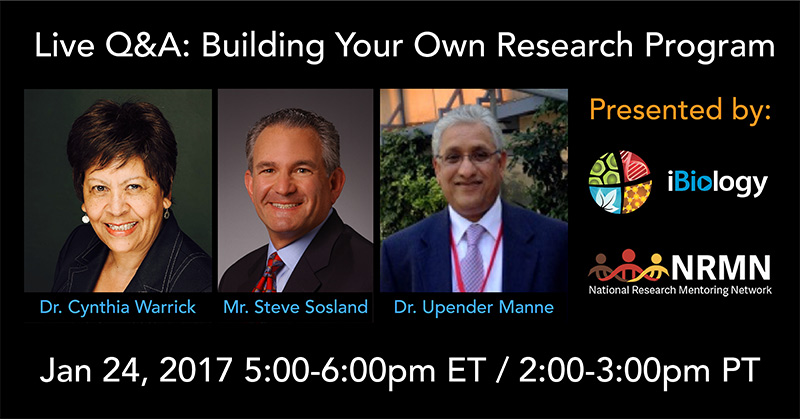Welcome to SDBS
The Society for Diversity in the Biomedical Sciences
SDBS institutional and industry members benefit from an extensive network of students and professionals for recruitment, retention, and employment into academic programs and research positions. SDBS tailors consulting services to members’ goals and establish (establishes) collaborations with Historically Black Colleges & Universities (HBCUs) and Minority Serving Institutions (MSIs) to facilitate articulation agreements, joint degree programs, curriculum development, internships, co-ops, and research experiences.
-
Individuals
Students, Graduates, & Professionals: Connecting members to education, networks, mentoring, training, career development and research opportunities in institutions and industry.
-
Institutions
Higher Education, Government Agencies, & Non-profit Organizations: Expanding diversity through tailoring student and faculty recruitment and retention programs; and establishing collaborations with HBCUs and Minority Serving Institutions for curriculum integration, research experiences, articulation agreements and joint degree programs.
-
Industry
Government Contractors, Biotechnology & Pharmaceutical Companies: Expanding the biomedical workforce through partnerships with HBCUs and MSIs to manage expectations for curriculum development & course modifications, internships, co-ops, and research experiences.
Internships
Mentoring
Workshops
Professional Development
Biomedical Sciences Disciplines
- Biochemistry
- Bioinformatics
- Biological Sciences
- Biomedical Engineering
- Biophysics
- Biostatistics
- Biotechnology
- Cell Biology
- Chemistry
- Computational / Data Science
- Embryology
- Endocrinology
- Environmental Sciences
- Epidemiology
- Genetics
- Genomics
- Immunology
- Microbiology
- Molecular Biology
- Nanotechnology
- Neurosciences
- Nutritional Science
- Parasitology
- Pharmacology
- Pharmaceutical Sciences
- Physiology
- Toxicology
- Veterinary Medicine
Biomedical scientists have careers in higher education; research universities and laboratories; local, state, and federal agencies; hospitals and medical centers; policy centers and think tanks; and in the pharmaceutical and biotechnology industries.
Why Diversity in Biomedical Science?
Changing demographics in the United States warrant an emphasis in the promotion and recruitment of African Americans, American Indians and Hispanics into the biomedical sciences. The National Institutes of Health Strategic Plan (2016-2020) provides a framework to “Advance Opportunities in Biomedical Research,” in which enhancing diversity is a major tenet.
Build your CONNECTIONS
SDBS facilitates education & training, partnerships & teams, and professional development for advancement in the biomedical sciences.
Latest News
Biomedical Graduate Programs to Consider: Pharmacology
Biomedical Graduate Programs to Consider: Pharmacology Cynthia Warrick, PhD RPh Now that I’ve...

Black Women in Science and Engineering Presents...

CSTEM Integrated STEM Training & Competition
Our Blog
Best Practices for Selecting Biomedical Graduate and Health Professions Degree Programs
Best Practices for Selecting Biomedical Graduate and Health Professions Degree Programs Cynthia...
Biomedical Graduate Programs: Biology and Chemistry
Test-Prep Programs: Essential or Extra??
HBCU Southern States Biomedical Consortium
The Society for Diversity in the Biomedical Sciences
Copyright © 2024 Society for Diversity in the Biomedical Sciences (SDBS)
Developed by Blue Atlas












